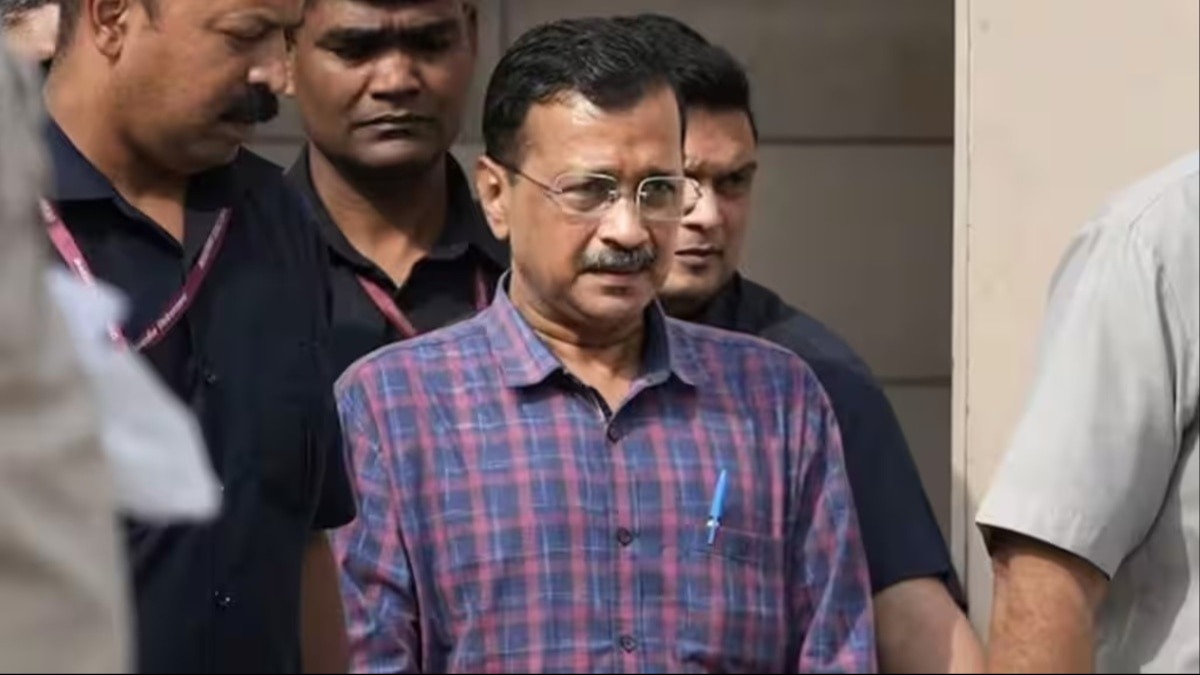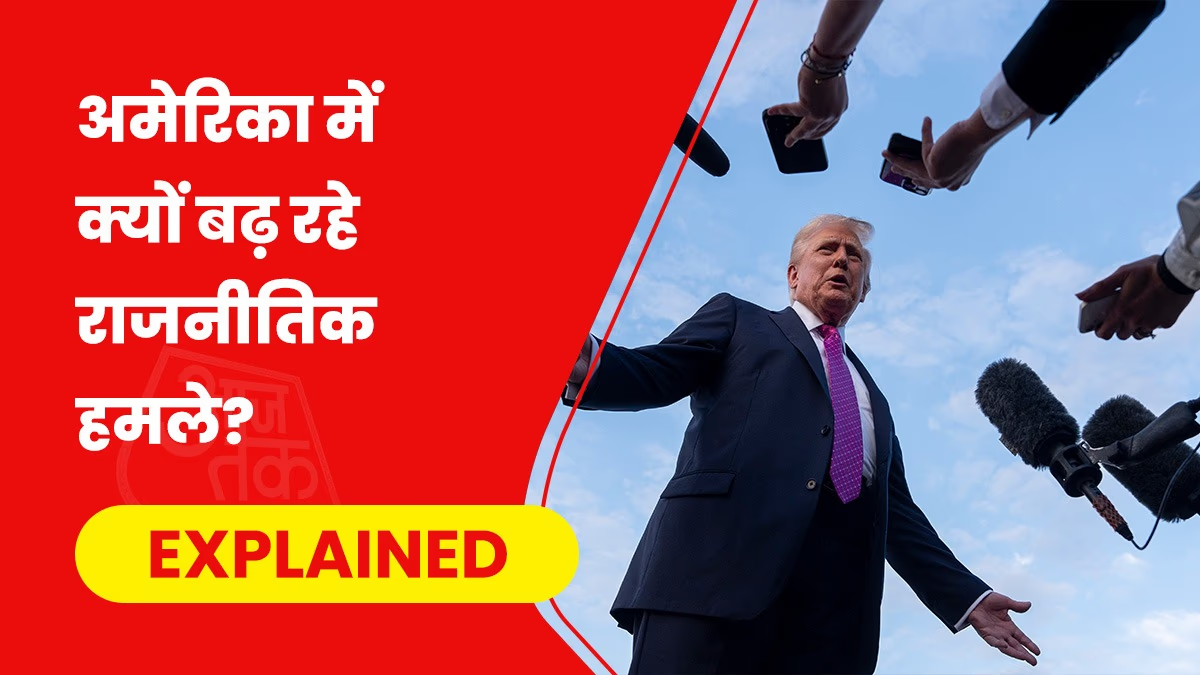Chief Minister Arvind Kejriwal, arrested in the alleged Delhi liquor scam, faced a major setback from the High Court on Tuesday. The court not only justified Kejriwal's arrest but also his remand. The High Court clearly stated that the ED had sufficient evidence, which led to Kejriwal's arrest.
The High Court indicated that the ED's evidence suggests Kejriwal was part of the conspiracy. He was also involved in drafting the excise policy and used criminal proceeds. The court mentioned Kejriwal's involvement in demanding bribes.
The ED had arrested CM Kejriwal on March 21 from his residence. Kejriwal had challenged this arrest in the High Court, which dismissed his petition.
Justice Swarna Kanta Sharma of the High Court, in her 106-page decision, revealed that witnesses' statements indicate that Kejriwal was allegedly personally involved in formulating the excise policy and was part of the bribery process involving the South Group.
However, the High Court's decision raises two critical questions. Will the Aam Aadmi Party (AAP) also fall under the scope of investigation following this? And, will Kejriwal resign from the post of Chief Minister?
Will the Aam Aadmi Party face charges?
The High Court, in its ruling, clearly stated that political parties also come under the ambit of Section 70 of the Prevention of Money Laundering Act (PMLA) since they are a 'group of individuals' just like a 'company'.
This comment means the court has allowed for political parties to be encompassed within the bounds of money laundering laws, paving the way for the ED to potentially accuse AAP as well.
Section 70 of PMLA prescribes punishment for offenses committed by a company. This section states that anyone responsible for the company at the time of the crime shall be deemed guilty and face prosecution.
Last year, the Supreme Court had asked the ED why the AAP hadn't been accused if they benefited from the scam.
During the hearing of Kejriwal's challenging petition, the ED had told the High Court that the scam benefited AAP and that they had committed the crime. Section 70 of the PMLA covers not only 'registered companies' but also 'groups of individuals'.
Is Delhi heading towards a new crisis?
After the rejection of Kejriwal's petition by the High Court, the grip seems to tighten on the Delhi government. The decision by the court has added fuel to the fire, as LG VK Saxena wrote to the Ministry of Home Affairs on Monday alleging that a meeting was called to discuss the government's functioning after the arrest of CM Arvind Kejriwal on corruption charges, but the ministers of Delhi refused to attend.
This is the second time in a week that the LG of Delhi has written to the Home Ministry. Earlier on April 4, the LG office had accused the Delhi government of misleading courts in a letter to the Union Home Secretary.
Will Kejriwal step down as CM?
The High Court's decision on Tuesday has intensified demands for Kejriwal's resignation. BJP has also been adamant about this demand. On Wednesday, the Delhi BJP President will lead a demonstration for this cause.
However, AAP dismisses any discussion regarding Kejriwal resigning as CM. Minister Saurabh Bharadwaj, when asked whether Kejriwal will resign only if the court finds him guilty, stated that such a situation will not occur, and it's up to the court to decide.
Before his arrest on March 21, AAP leaders stated that Kejriwal would run the government from jail. However, LG VK Saxena recently remarked that one cannot govern from jail.
Meanwhile, a hearing in the Delhi High Court is also scheduled for Wednesday on a petition by former MLA Sandeep Kumar demanding Kejriwal's removal from the CM's post.
What happens next?
Kejriwal will remain in Tihar Jail until April 15. Kejriwal's arrest has created a new crisis in Delhi. Although Kejriwal remains in jail, he is not obligated to resign from the chief minister post. However, there could be a constitutional crisis in Delhi, as his incarceration could impede government operations. Moreover, if he does not step down, LG VK Saxena may recommend president rule. AAP has also expressed concern about the potential imposition of president rule in Delhi.
But if Kejriwal resigns voluntarily, the constitutional and political crisis could be averted. A new chief minister would take his place, although the chance of this seems low currently.
Kejriwal has been in jail since March 21
ED arrested Delhi Chief Minister Arvind Kejriwal on March 21 in connection with the alleged liquor scam. Before this, the ED had issued nine summons for questioning in the case. Kejriwal had not appeared for any of them. After his arrest, he spent about ten days in ED custody. Subsequently, on April 1, the court sent him to 15 days judicial custody. For now, Arvind Kejriwal will stay in Tihar Jail until April 15.




